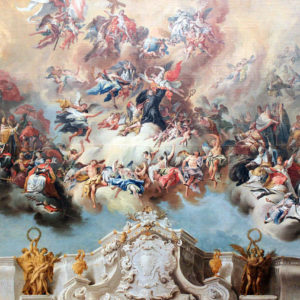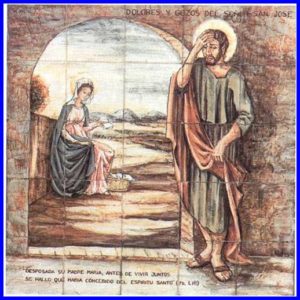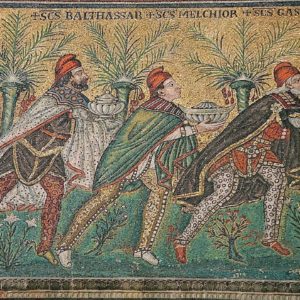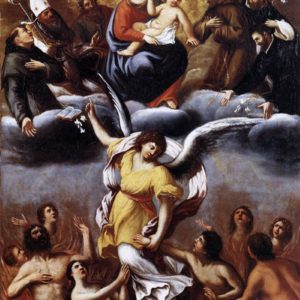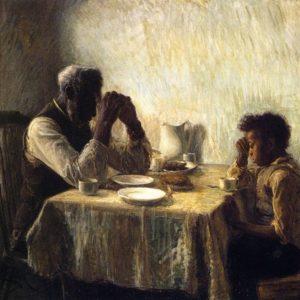A saintly theologian weighs in on the post-Conciliar chaos.
Category: Uncategorized
The Worship of Beauty, and the Beauty of Worship
A frequent source of in-fighting amongst Christians involves beauty. How beautiful should our churches be? How beautiful should our Liturgies be? And why? In these discussions, there are two points that often go overlooked:
1. We Worship Beauty.
2. Created Beauty Points towards Divine, Uncreated Beauty.
If you want to understand the Mass, and why there’s such an emphasis on beauty (instead of the stripped-down worship services and whitewashed churches of some Protestant denominations), consider these two points, and how they play out in the life of Israel, the Church on earth, and in Heavenly glory.
And Joseph Knew Her Not: A Case for the Perpetual Virginity of Mary
The Calvinist theologian Peter Leithart has a fascinating (but incorrect) article on the perpetual virginity over at First Things. There is much to praise about the short piece. First, he’s asking the right question. As the article’s teaser puts it, “why didn’t Joseph have sex with Mary during her pregnancy?” So many Protestants focus on the fact that they believe St. Joseph and the Virgin Mary did have sex after Christmas that they ignore the explicit Biblical evidence that they didn’t have sex before (Matthew 1:25). Second, much of Leithart’s answer is correct, and points to the radical Biblical truth about the Virgin Mary. Finally, even when Leithart’s argument goes off the rails, he shows his work, so it’s easy enough to see how he goes wrong.
Why I Believe in Women Priests (Sort of)
The push for women’s ordination obscures a more radical reality: that women (all women!) are called by God to be priests…. just as are all men. Here’s what that means (and doesn’t) and the unique way in which ONLY women can live out this priestly consecration.
Does God Desire the Salvation of the Damned?
Does God wish that the damned had been saved? In other words, when a person dies and goes to Hell, is it because that’s where God wanted them from all eternity, or because they rejected His plan for their salvation? Was the Cross intended for everyone, or only for the finally-elect?
The Special Role of the Virgin Mary in the History of the Americas
A toast to the Immaculate Virgin Mary and her special role in the history of the Americas.
Dietrich von Hildebrand and the Incoherent Paradox of Modernity
More than 60 years ago, Dietrich von Hildebrand recognized that contemporary society was in the grip of a peculiar paradox between widespread disbelief in objective truth and fawning credulity in regards to all things scientific. At the heart of this paradox is modern man’s refusal to accept that he is a creature and not God. This prognosis of society is all the more true in 2016 than it was in 1953. So what’s a Christian to do in the face of modernity’s incoherence and its attempt to dethrone God?
Advent Penances?
It’s Advent, should we be fasting? Is this a season of penance or rejoicing?
Jewish Purgatory
Are Catholics right to pray for the dead, and to believe that such prayers can help to release souls from Purgatory? Many Christians are unaware that these doctrines are Jewish in origin, and that the Jewish practice of praying for the dead continues on to this day. Even fewer are aware that this practice of prayer is tied to a tradition of temporary purgatorial fires after death.
Thanks for the Blessings We Don’t Deserve
This Thanksgiving, let’s be mindful of the fact that we don’t deserve all of the good things that God has given us (individually, and as a nation)…. but that He gives us His gifts nevertheless.

